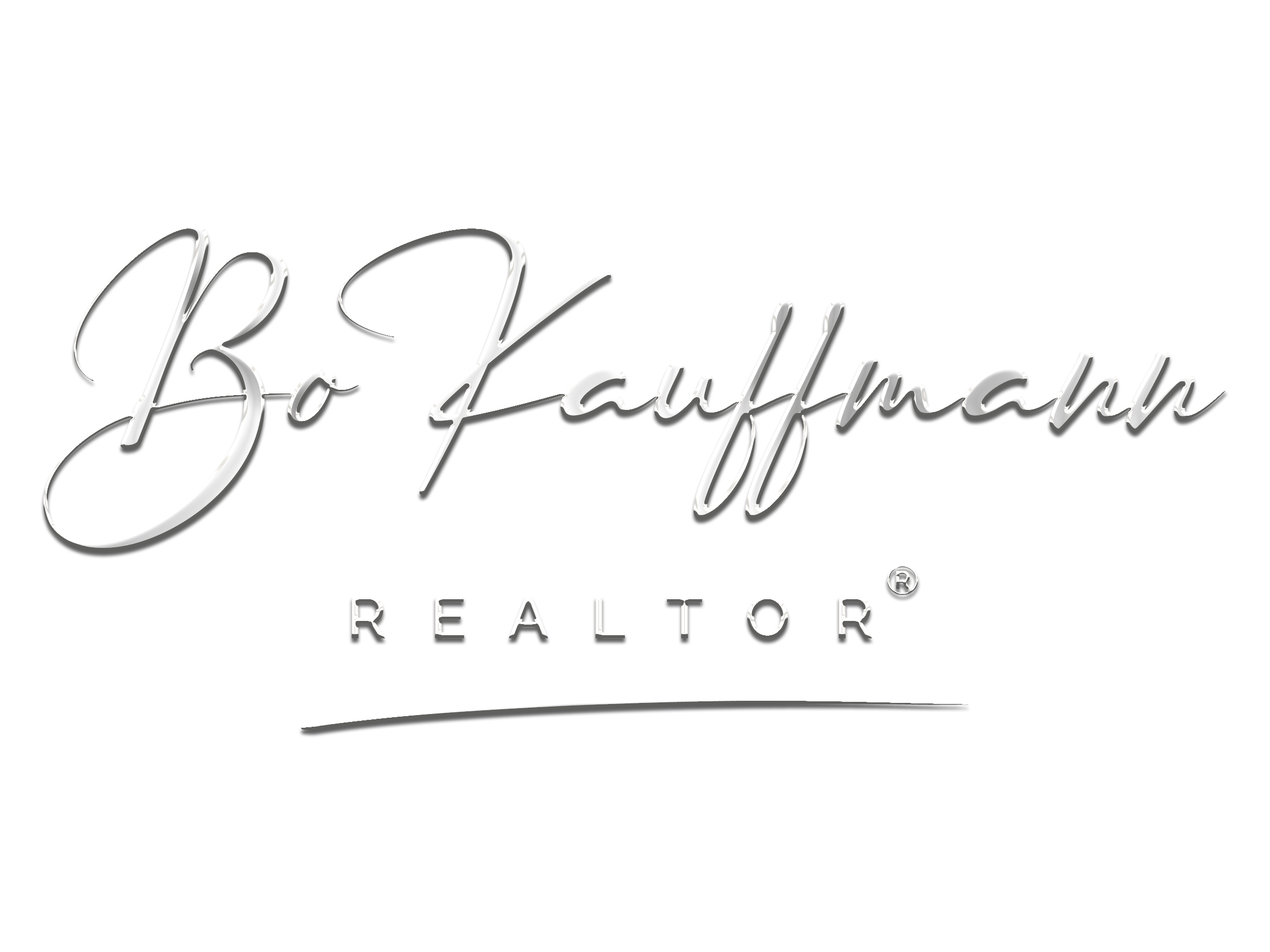
The Low-Down on Fixed vs. Variable Mortgages
Applying for your first mortgage can be a confusing and stressful process. When you consider how many options are available to you, it becomes even more overwhelming. What is the difference between a fixed or variable mortgage? Which is a better option for you, specifically? These are the two most common mortgage options available, so knowing the difference between the two is the first step in knowing which one might suit your needs best.
Fixed Mortgages
The most straightforward kind of mortgage, this one moves in harmony with the fluctuating rate of Canada’s governmental bond leads—in other words, the interest rate the government pays out to borrow money through bond sales. Your lender will typically quote you a lump sum in the form of a percentage, such as 4 per cent for five years on a $300,000 loan, and you are expected to pay a specific amount each month.
Why Choose a Fixed Mortgage?
As you might have guessed, for self-employed or seasonal employees with incomes that are constantly in flux from month to month, this is not the best option. But if you have a solid 9 a.m. to 5 p.m. day job with benefits, this might be the best option for its consistency. Because your income is reliable from month to month, you will be easily able to secure this kind of mortgage, and you will know exactly how much you are paying each month as it will never fluctuate.
Variable Mortgages
Variable-rate mortgages also have a fixed term, but unlike fixed mortgages, their interest rates fluctuate dramatically, based on what the Canadian government-set rate is. Those who choose a variable mortgage are taking on the inherent risk of inconsistent interest rates, with the hope that it will benefit them in the long run. Over the years, certain studies have concluded that most variable-rate mortgage owners end up paying less interest over time than those who opt for fixed mortgages.
Why Choose a Variable Mortgage?
If you’re looking to have more flexibility in your mortgage and are comfortable taking on a bit of a risk for a potential payoff, a variable-rate mortgage might be the right choice for you. Also, if you’re planning to refinance the home in the long term, a variable-rate mortgage is a better option as it allows for this more easily.
At the end of the day, the best way to know which mortgage is best for you and your family is to talk to a trusted mortgage professional who can analyze your financial situation and point you in the best possible direction.
